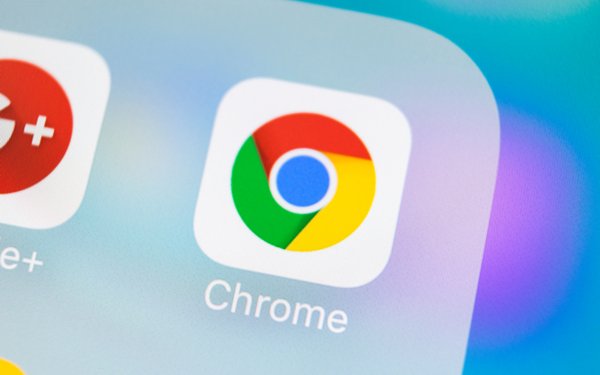Google Won't Use Alternate Tracking IDs Once Cookies Are Phased Out

In a development sure to generate more angst among many in the digital advertising ecosystem, Google stated today that, when its phase-out of supporting third-party cookies in Chrome is complete next year, it will not seek to replace cookies with other individual identifiers.
Instead, Google says it will use FLoC (Federated Learning of Cohorts) APIs that group users by interests without undermining their privacy.
“We continue to get questions about whether Google will join others in the ad tech industry who plan to replace third-party cookies with alternative user-level identifiers,” David Temkin, Google’s director of product management for ads privacy and trust, wrote in a blog post. “Today, we’re making explicit that once third-party cookies are phased out, we will not build alternate identifiers to track individuals as they browse across the web, nor will we use them in our products.
advertisement
advertisement
“If digital advertising doesn't evolve to address the growing concerns people have about their privacy and how their personal identity is being used, we risk the future of the free and open web,” Temkin said. “That’s why last year Chrome announced its intent to remove support for third-party cookies, and why we’ve been working with the broader industry on the Privacy Sandbox to build innovations that protect anonymity while still delivering results for advertisers and publishers.”
While not building alternate identifiers may mean that “other providers may offer a level of user identity for ad tracking across the web that we will not — like PII graphs based on people’s email addresses — we don’t believe these solutions will meet rising consumer expectations for privacy, nor will they stand up to rapidly evolving regulatory restrictions, and therefore aren’t a sustainable long-term investment,” he added.
“Instead, our web products will be powered by privacy-preserving APIs which prevent individual tracking while still delivering results for advertisers and publishers.
“People shouldn’t have to accept being tracked across the web in order to get the benefits of relevant advertising. And advertisers don't need to track individual consumers across the web to get the performance benefits of digital advertising.
“Advances in aggregation, anonymization, on-device processing and other privacy-preserving technologies offer a clear path to replacing individual identifiers. In fact, our latest tests of FLoC show one way to effectively take third-party cookies out of the advertising equation and instead hide individuals within large crowds of people with common interests.
“Chrome intends to make FLoC-based cohorts available for public testing through origin trials with its next release this month, and we expect to begin testing FLoC-based cohorts with advertisers in Google Ads in Q2.
“Chrome also will offer the first iteration of new user controls in April and will expand on these controls in future releases, as more proposals reach the origin trial stage, and they receive more feedback from end users and the industry.”
